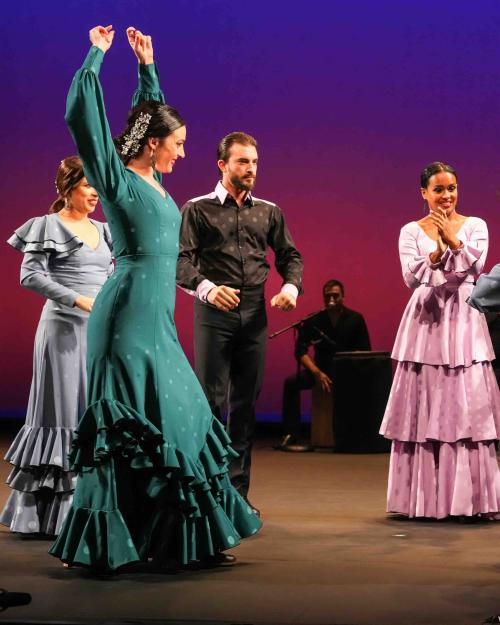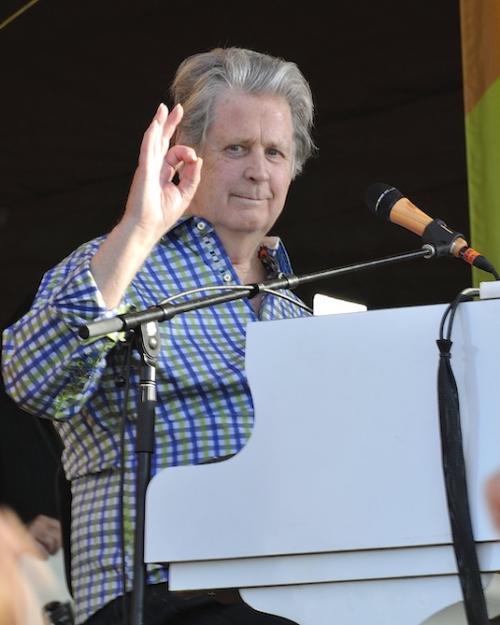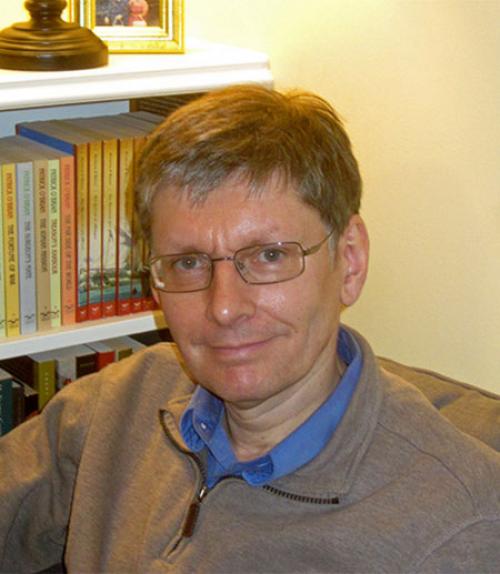Teachers of European and world history can draw on well-regarded textbooks to understand the history of science and technology, but such works usually present this history from the point of view of a particular specialty. The recently released “Scientific Practices in European History, 1200–1800” by Peter Dear takes a different approach. Rather than providing an over-arching historical framework, the book is a collection of extracts from primary sources, by well-known figures such as Copernicus, Newton, and Lavoisier, as well as lesser known texts. The works were chosen to provide a broad perspective on social, cultural and intellectual history of the period and to illustrate the scientific components of early modern societies.
“The hope is that historians, whatever their specialty, will find material of interest here that can sometimes provide new angles of approach to otherwise familiar terrain,” writes Dear, professor of history and science & technology studies, in his introduction.
While Dear provides helpful suggestions on links between passages, his goal is to encourage readers to make their own original connections. Readers are not left entirely on their own, however. Dear has included introductions and annotations intended to make the texts accessible to students and non-specialists.
Arranged in a largely chronological sequence, the works chosen are meant to put scientific ideas and practices within the context of broader European history, according to Dear. “The purpose of this volume is to make available selections that represent in some fashion a characteristic, if sometimes also extraordinary, practice or activity to be found in the world in which it took place, and thereby to augment the student's perception of the interconnections between things in the past, in which technical knowledge enterprises (if that expression can stand as a capacious term for scientific work) formed part of the fabric of human life,” Dear writes.
He adds that the assembled texts “are all notable for their revelation of practices, tendencies or directions that were commonly understood at the time, or that would be brought fully to life at later times, or even would be unknowingly replicated in future endeavors of which their authors knew nothing. In this latter sense, the history of science is always teleological.”




